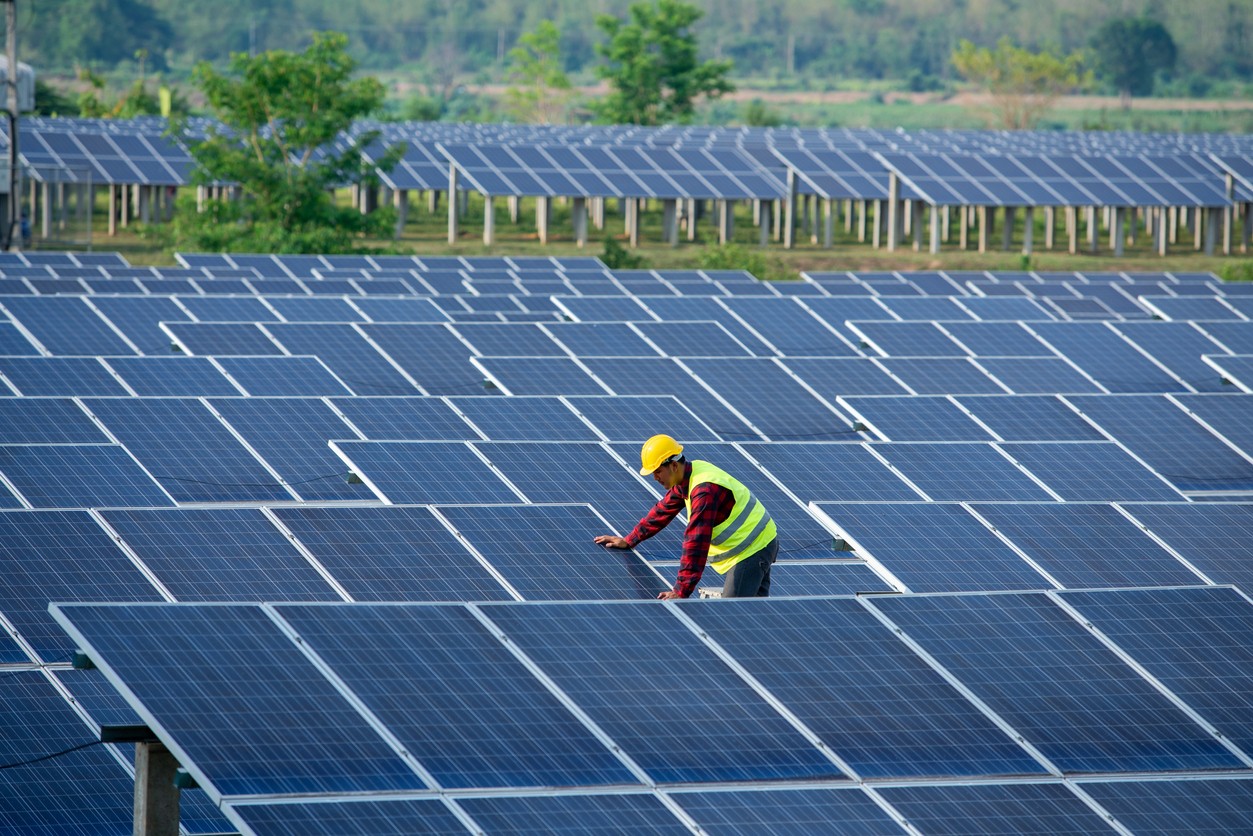
Cleaning your solar panel system
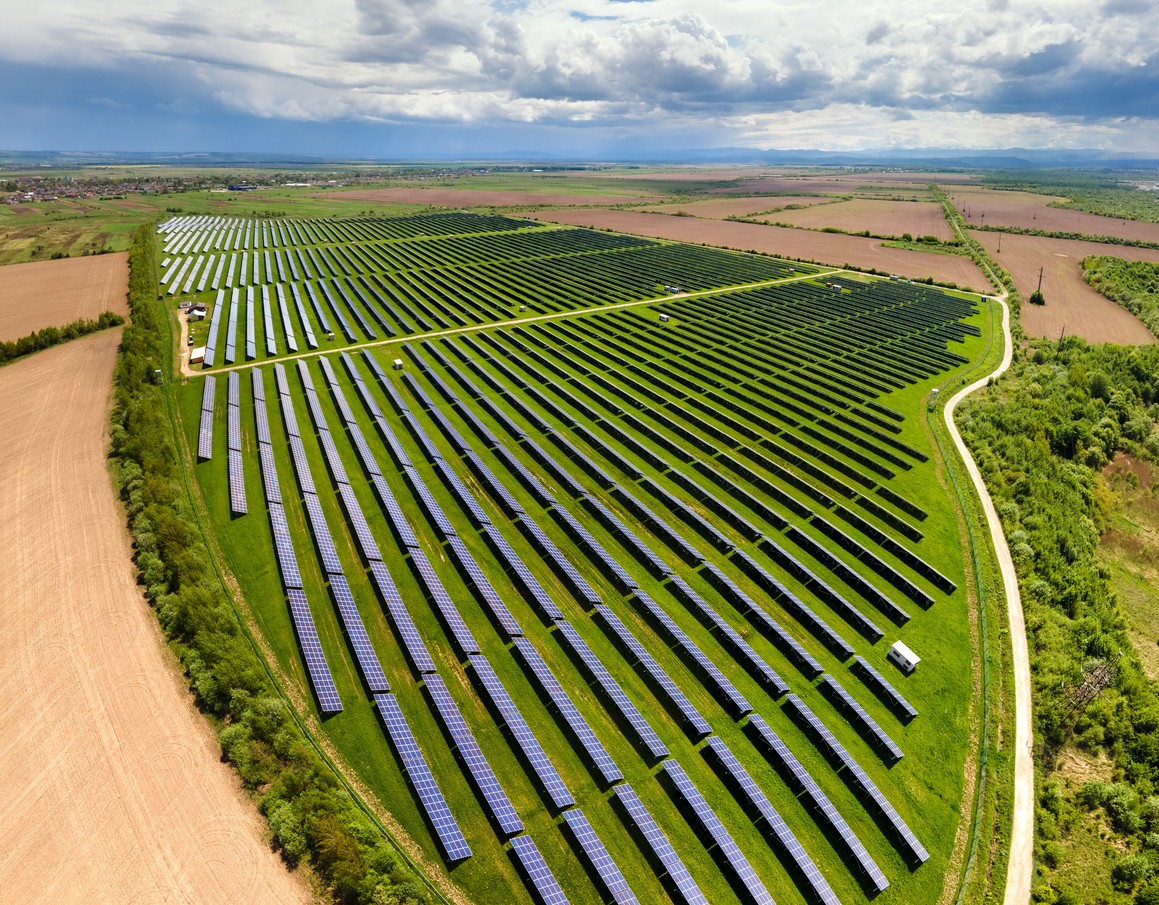 Do solar panels need to be cleaned? While you probably don’t need to clean solar panels for daily dust and pollen, if you live in an area where it doesn’t rain a lot or where airborne particulate matter such as smog is dense, then your solar panels should be cleaned more often.
Do solar panels need to be cleaned? While you probably don’t need to clean solar panels for daily dust and pollen, if you live in an area where it doesn’t rain a lot or where airborne particulate matter such as smog is dense, then your solar panels should be cleaned more often.
3 Types of solar panels
When you shop for solar panels, you will encounter three types of panels. Those are:
- Monocrystalline (single crystal): Monocrystalline solar panels begin with a single silicon crystal with super clear qualities, from that single-crystal an ingot is made. The ingot is sliced to create ultra-clear cells that become one PV Cell.
- Polycrystalline (multi-crystal): Polycrystalline solar panels are like monocrystalline solar panels. The exception is that inside each PV Cell are multiple crystals. That tightly packed formation slows down the movement of electrons.
- Thin-film (amorphous): Thin-film (amorphous) solar panels – are not crystalline; they are amorphous. They are one of the highest efficiency solar panels available but only if you can apply them to a larger area. The advantage is that these are much easier to build, so they are often less expensive. They are also flexible and work on surfaces where it would be difficult to use a mono- or polycrystalline solar panel.
The differences are how they are made, their cost, maximum efficiency in creating energy, and their best use scenarios. But, of course, those factors also change based on the solar panel manufacturer.
The key to understanding when to clean your solar panels has everything to do with solar panel efficiency.
All three types of solar panels need cleaning at least annually. The actual frequency of cleaning depends on the environmental condition that your solar array faces.
To clean or not to clean
The efficiency of a solar panel is all about how many photons the cells can collect. For example, sunshine has photons in it, and as it strikes the surface of the solar panel, some of those photons are captured by the solar cells. However, if you have dirty panels, the dirt and grime block more of the solar photons, and few are captured by the solar cells. Generally, that is not a big deal, but cleaning the panels will help keep electricity production at its peak efficiency. Here’s a closer look at what that means.
Should you clean solar panels?
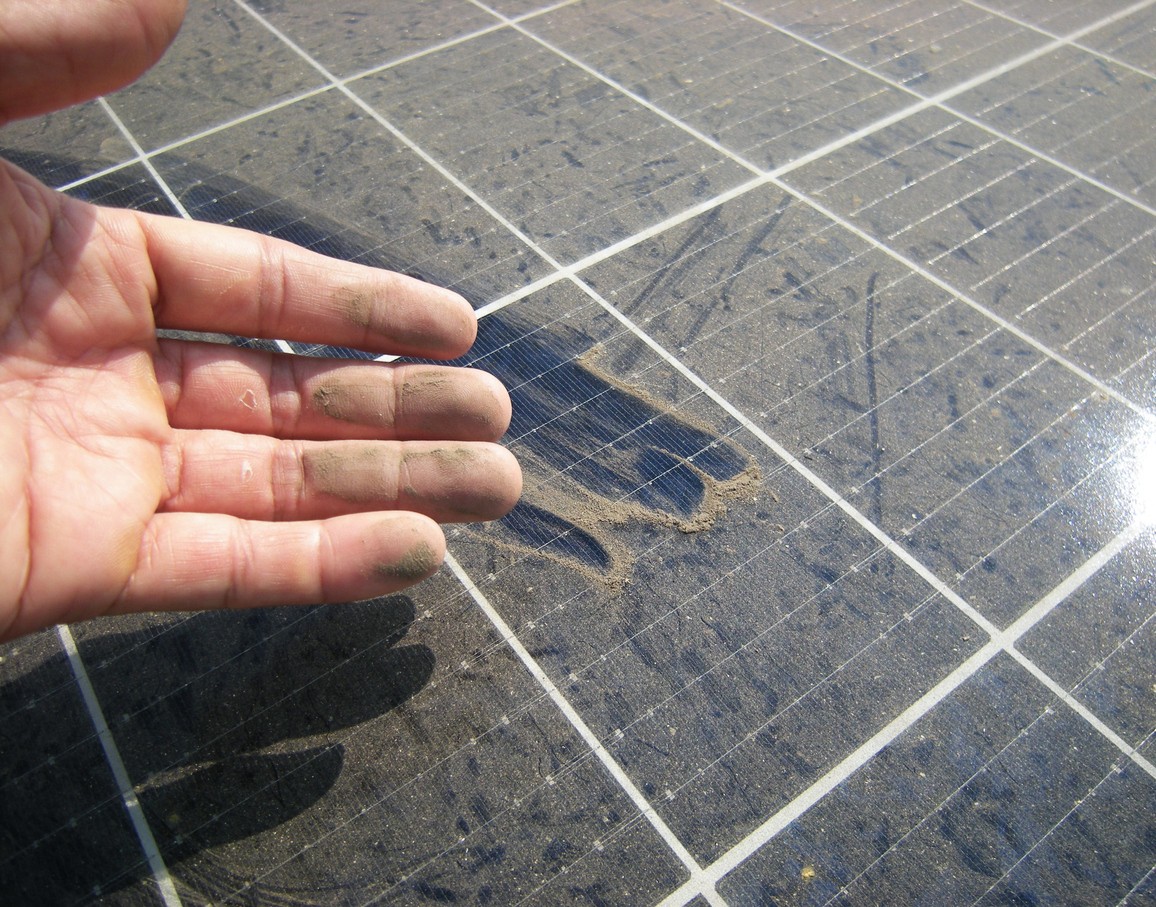 For the most part, you do not need to clean solar panels, but there are situations where cleaning is essential. That may sound like a contradiction, but here is why that is not so.
For the most part, you do not need to clean solar panels, but there are situations where cleaning is essential. That may sound like a contradiction, but here is why that is not so.
First, solar panels are tilted. That means when it rains, the rain will wash all the loose material off the panels. If you live where it does not often rain, consider having your solar panels cleaned at least twice per year. Some materials require a garden hose and a soft brush to remove them. Those include bird droppings, pitch from trees, leaves, and debris too large for the rain to remove.
So, the basic rule of thumb is that you do not need to clean solar panels often, but they do need cleaning. How often you clean them depends on the environmental abuse they suffer.
How often do solar panels need to be cleaned?
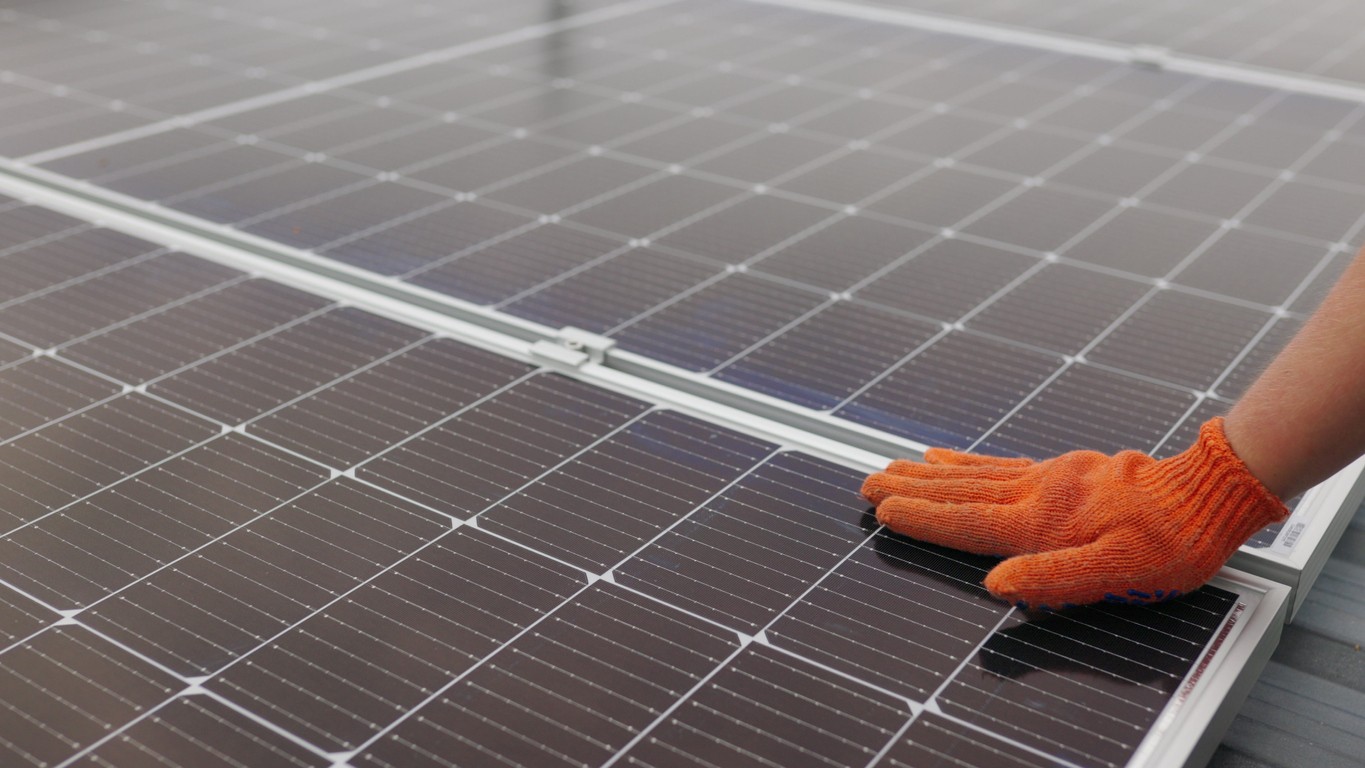 How often does a system need to be clean? The answer to this question is “it depends.” If you live in an area with a lot of wind, dust, smog, or near trees, the answer is each season. On the other hand, if you live in an area where the solar panels are sheltered and not prone to dust storms, flocks of birds, or sappy dripping trees, you may only need to have the solar panels cleaned yearly.
How often does a system need to be clean? The answer to this question is “it depends.” If you live in an area with a lot of wind, dust, smog, or near trees, the answer is each season. On the other hand, if you live in an area where the solar panels are sheltered and not prone to dust storms, flocks of birds, or sappy dripping trees, you may only need to have the solar panels cleaned yearly.
How do you know the solar panels need cleaning? The best way to tell is when you notice a drop in energy production from the solar array. Dirt on the panels can build up and cause a drop in energy output. You can also be proactive and clean before you notice a drop in energy.
When Should You NOT clean solar panels?
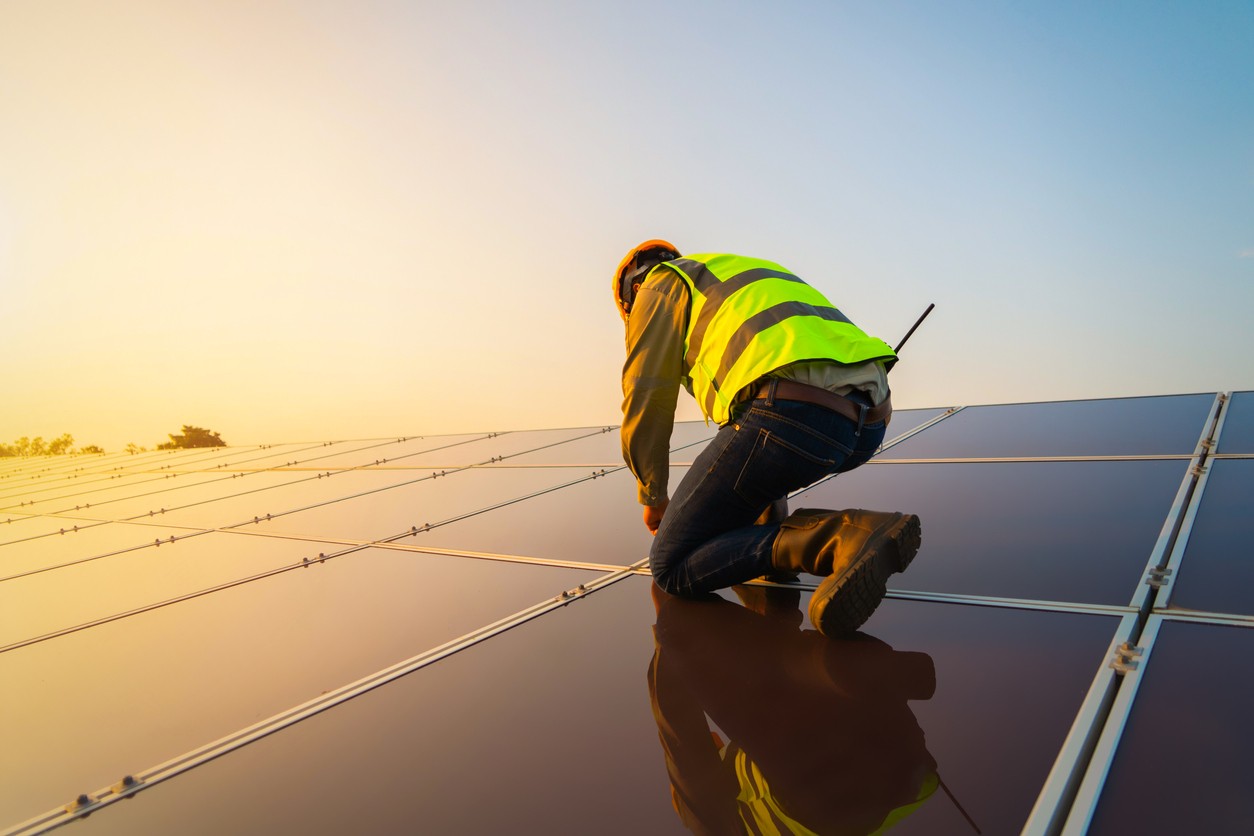 Never clean solar panels when they are turned on or when the array is active. Always clean them when the system is turned off for both the AC and DC isolators. Remember that electricity will always follow the path of least resistance. With a solar system, the energy can flow in both directions.
Never clean solar panels when they are turned on or when the array is active. Always clean them when the system is turned off for both the AC and DC isolators. Remember that electricity will always follow the path of least resistance. With a solar system, the energy can flow in both directions.
Never clean the units in bright sunlight. Not only will the sunlight charge the solar panels, but it will also heat the surface of the panels and cause soapy water to stain the surface. So instead, clean the panels in the morning, later afternoon, or when weather conditions are favorable, such as on cloudy, overcast days when the temperature is cooler and never allow the water to dry on the panels.
Cleaning methods for solar panels
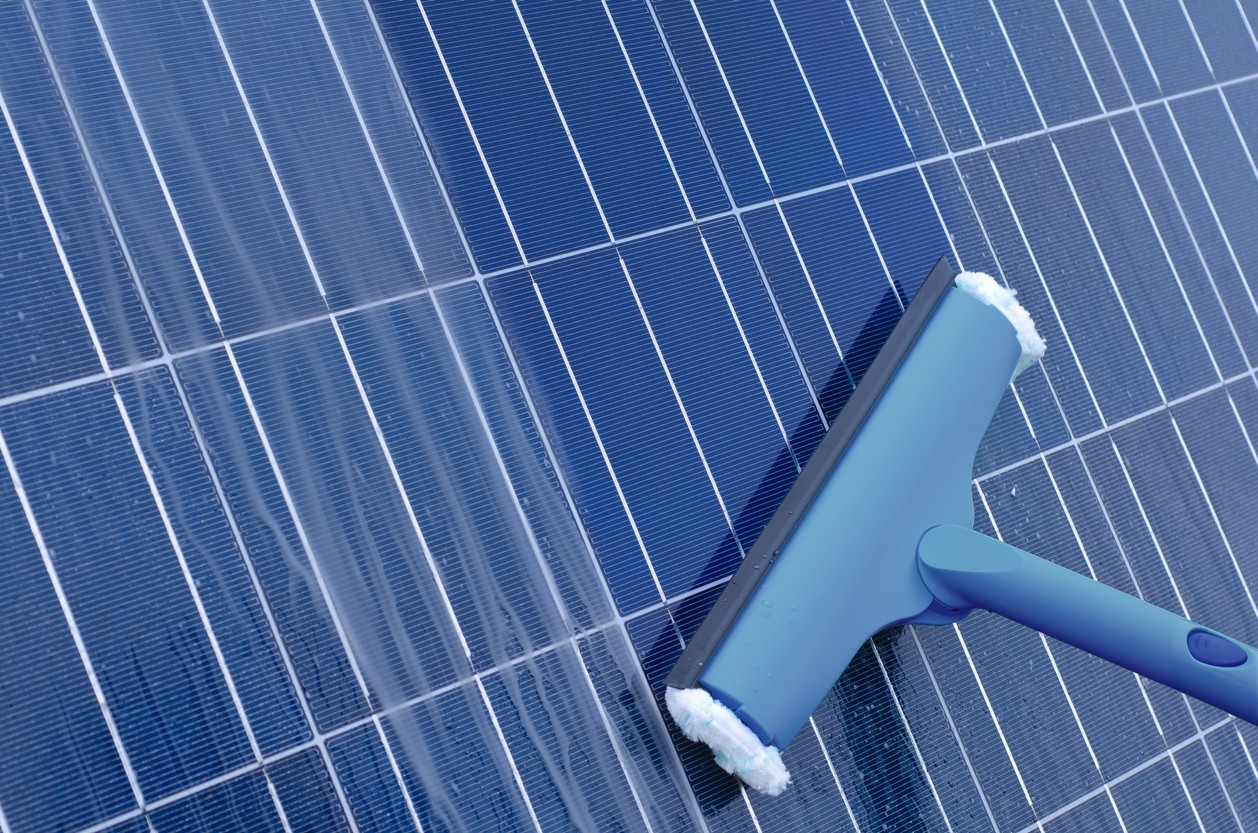 Water, a soft brush and a long garden hose with a suitable nozzle are all you need to clean most solar panel systems. Make sure the brush is rated for use on glass surfaces so that it does not scratch the panels.
Water, a soft brush and a long garden hose with a suitable nozzle are all you need to clean most solar panel systems. Make sure the brush is rated for use on glass surfaces so that it does not scratch the panels.
A rubber squeeze or a plastic blade is also helpful to remove the water from the solar panel’s surface. Finally, never use harsh chemicals on solar panels. Some may have a chemical reaction that mars the solar panel’s glass.
If there is a substance on the solar panel that will not come off with a light brushing and water, use a mild detergent, but make sure that the surface temperatures of the solar panels are cool. You do not want the detergent to dry on the glass as it will cause a haze and block more solar photons.
Another option is to hire service like Coldwell Solar that specializes in cleaning and maintaining commercial solar installations. The benefits of using a professional solar company means:
- A professional will handle turning on and off the electricity
- You don’t need to be on a wet, slippery roof.
- They will have the tools and solutions to clean the solar panels safely.
- They will also have the experience to handle hard-to-clean residue off the panels, such as pitch.
- Some solar maintenance programs also include solar panel cleaning as part of their regular maintenance programs.
What are the overall benefits of solar maintenance?
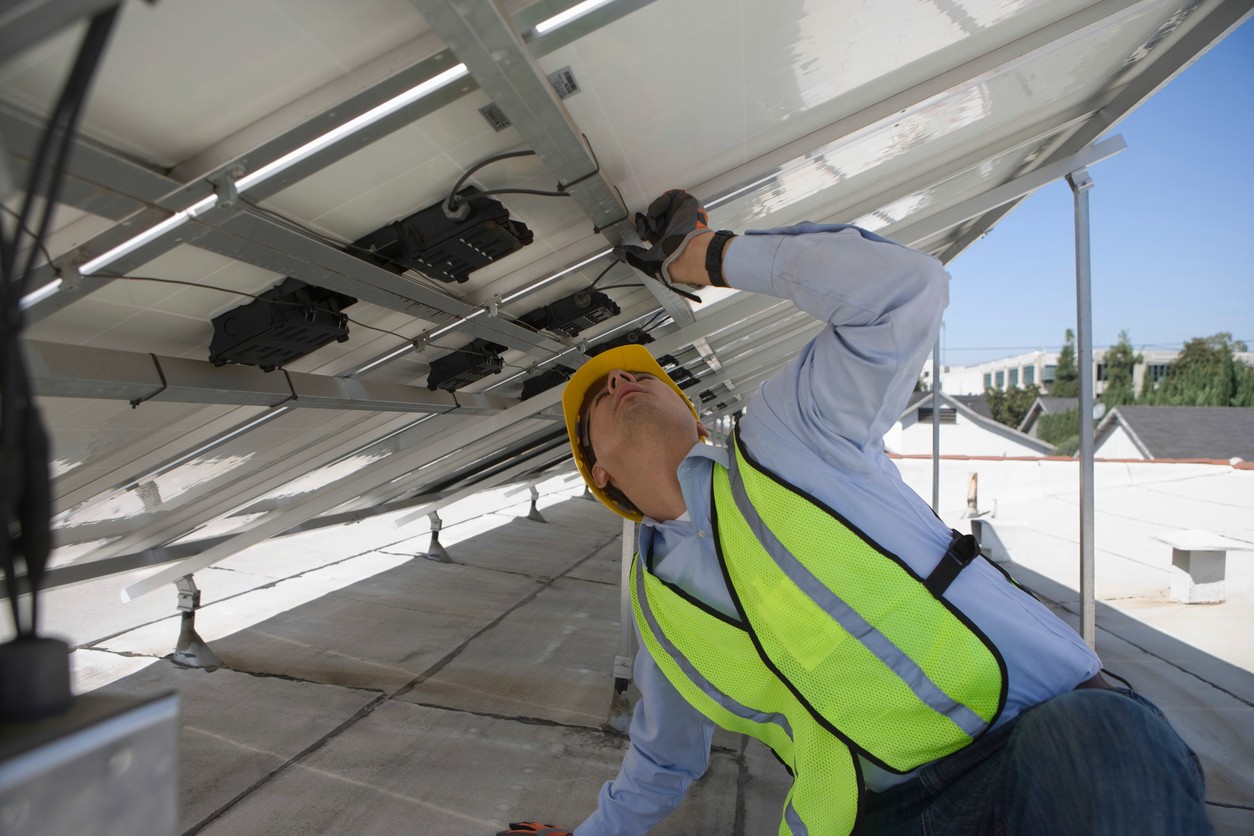 With most things “solar,” the most significant benefit is that the array continues to run at peak efficiency. That means your array produces the most energy possible given its location and the amount of sunlight it receives.
With most things “solar,” the most significant benefit is that the array continues to run at peak efficiency. That means your array produces the most energy possible given its location and the amount of sunlight it receives.
Solar panel cleaning is akin to removing “shading” from the solar panel. That is especially important if your solar system is set up with string inverters.
Shading occurs when something blocks the sunlight from striking a solar panel. Usually, it is a tree branch or a shadow. Remember that solar panels do not function without sunlight. If the panel becomes shaded, it stops producing electricity. If the solar panel is wired in a string and becomes shaded, then the entire production of the string of panels decreases. That drop can be significant and large enough to cause a reduction in power.
If a panel has debris, dirty, or grime on it and it is wired in a string, the substance on the panel can cause shading. You may not notice the power drop until you get a larger bill from your utility company.
Other reasons why you should consider a professional solar maintenance company to clean and maintain your commercial solar array:
- It is safer to let professionals clean your solar panels because they keep you off the roof and from electrical components.
- They understand how to properly turn the system off and back on.
- They check for and repair other solar issues, such as faulty panels.
- They have the tools and expertise to safely and efficiently clean hard-to-remove debris from solar panel glass, including pitch, tar, and pollen, without damaging them.
Learn more about solar panel cleaning and maintenance by giving our team a call. We are happy answer your questions or schedule a service and maintenance call.

